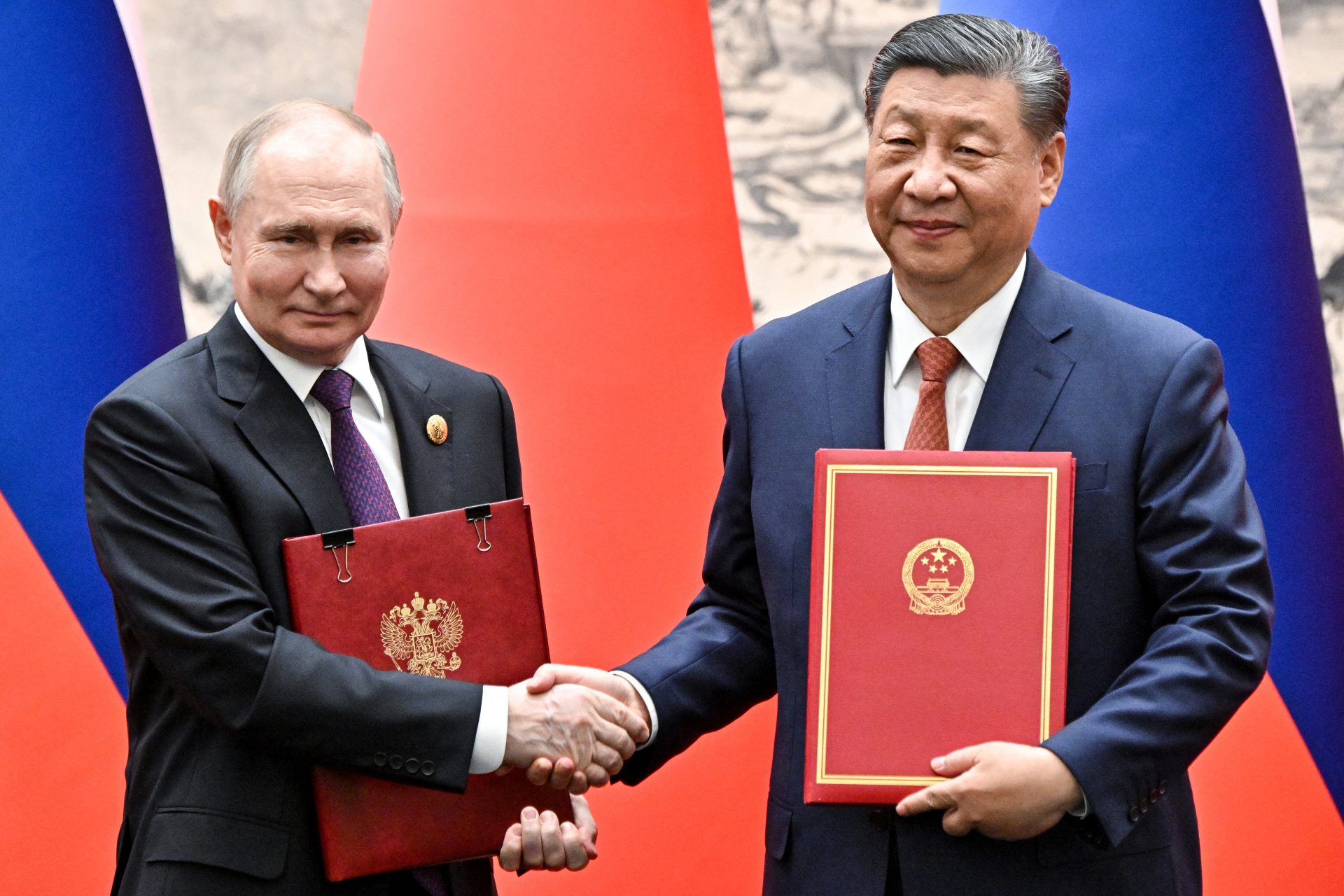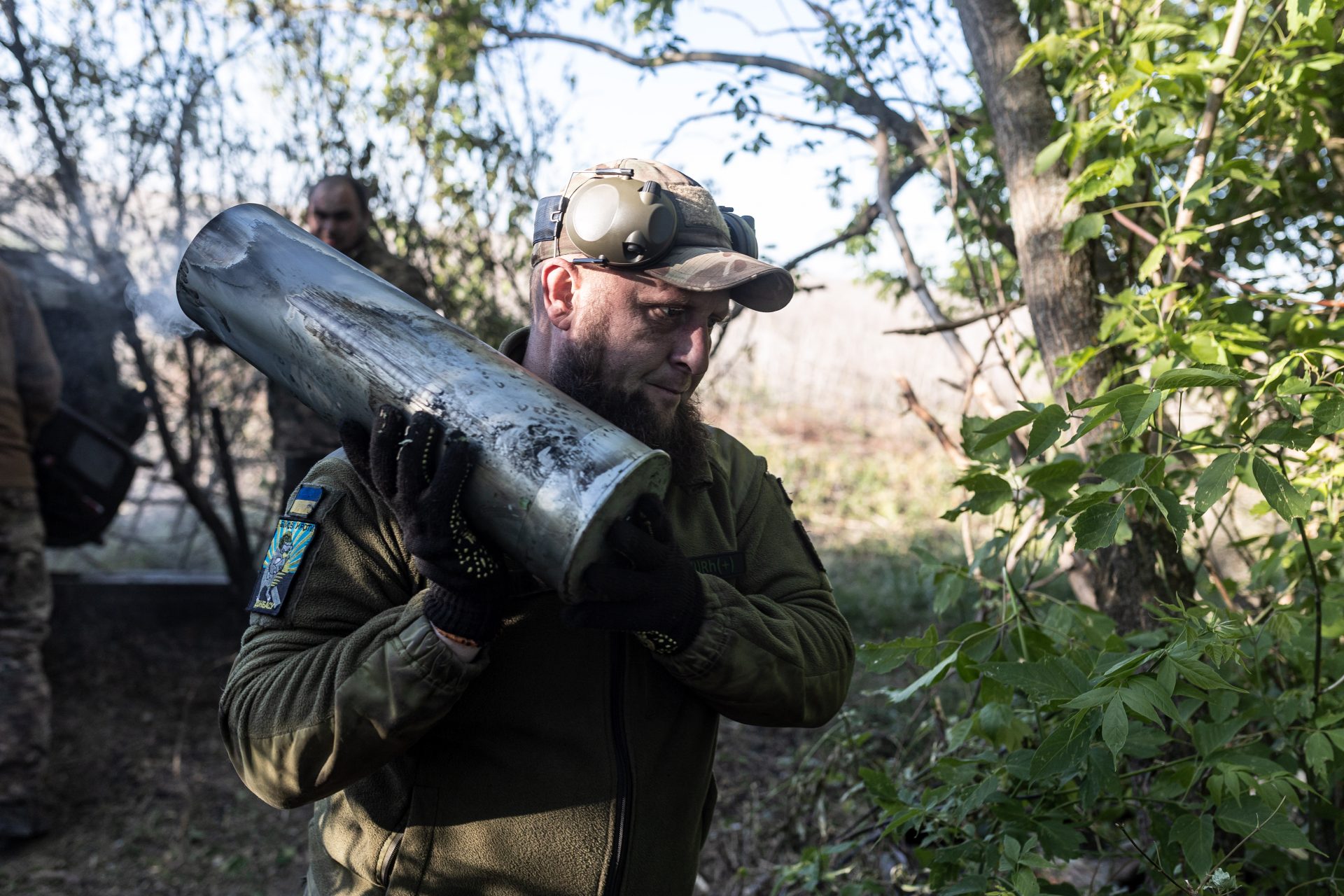A 'Perfect Storm for UK businesses': shortage of overseas workers ever more problematic
A survey has been taken in the UK asking businesses about the current challenges they face. The knock on effects of both Brexit and the pandemic are affecting all corners of UK business. The report was released by accountancy and advisory firm BDO and revealed a worrying future for UK business.
“Brexit, global supply chain issues and the long tail of Covid-19 has created a perfect storm for UK businesses,” BDO partner Ed Dwan said. “After navigating the challenges of the pandemic and hoping for some respite, businesses have found themselves facing more major disruption, with those across almost all sectors reporting staff shortages."
500 firms took part in the survey and more than a quarter said the lack of staff was putting pressure on their ability to operate at normal levels. Many are experiencing a reduced level in stocks, which are having some dire consequences on their business.
Some businesses have declared they are considering cutting production, whilst others are planning to raise prices. Of course, this is worrying for the consumer with a predicted inflation over the Christmas period. Many other companies have said they are increasing wages to attract new workers, as well as other perks which could make working with them more attractive.
According to The Guardian, "18% of the 200 businesses in the restaurant, pub and bar industries, said they were confident that they would be able to recruit and retain the staff needed to run their businesses." This really does not inspire much confidence for the future of hospitality, but many have suffered in this 'period of adaptation', signalling tough days in Britain as the country runs out of supplies and fuel.
There has been chaos and queues with fuel shortages at petrol stations and, all in all, it's been a difficult start to the Autumn for the government. There have even been fights to fill up cars with fuel. Some say this is just another panic buying episode as we saw with toilet paper at the start of the pandemic, or is this more serious?
Pictures have also come in from Britain of supermarkets where many products are conspicuously absent. How is it that supplies simply cannot reach their destinations?
The answer is simple for some: BREXIT is causing serious supply problems for Britain. Leaving the European Union was intended, among other things, to promote British workers as a priority over foreign workers. But the reality is that foreign workers are needed and, in this case, the absence of thousands of non-British lorry drivers expelled from the UK is noticeable.
An estimated 20,000 non-British truck drivers, who worked in the UK before BREXIT, have had to leave the country. Because the legislation to obtain a work permit in Great Britain has been tightened and, faced with the bureaucratic obstacles, many have decided to continue working without any problem in the rest of the European Union. So there is no one to drive the lorries that supply fuel to the petrol stations and the latter, as can be seen in the picture, are collapsing.
Obviously, the distribution stoppage affects other products. What's most striking is the picture of the empty shelves in some supermarkets, but there have been more serious cases: the lack of glass tubes to collect blood samples has led to the suspension of tests in some hospitals.
With petrol causing a wave of panic, some companies have already opted to return to general teleworking, as was done during the height of the pandemic. The government is urging people to stay calm and not hoard petrol because, they say, it could prevent essential workers (especially health workers) from getting to work.
A crisis that Boris Johnson has to face and he has even suggested that he could mobilise the army if the situation cannot be controlled. But beyond resolving this one-off supply shortage, what is needed is to accept that certain aspects of BREXIT are absurd in a globalised world.
Just as Trump cried 'America First!', BREXIT was about claiming that 'Britishness' came before everything else. But this petrol crisis shows that no country can stand on its own, at least not without proper preparation and infrastructure. In the end, the world economy is interconnected.
Some have been reminded, by the scenes of shortages, of the distant 1970s when sudden strikes left Britain on the brink of chaos and supermarkets looked much as they do now.
Once again Britain is facing (as in periods such as the so-called "winter of discontent", the prologue to Margaret Thatcher's landslide victory in 1979) a situation of product shortages.
Accounts from foreign correspondents in the UK speak of people leaving their homes in the early hours of the morning just to wait for the petrol station to open in order be supplied with fuel. Hours of waiting, without even knowing if the petrol will arrive.
The idea has been floated around that some workers (whose commute is essential) should be given priority for refuelling. But Boris Johnson is resisting this. It would require documentation that would look too much like a kind of "rationing card” - an unwanted memory of times of war.
Capitalism and restrictions on the free movement of labour combine badly. This is becoming evident in the UK.
BREXIT went ahead to the delight of about half the British population, but the other half had premonitions of difficult times ahead. Now the consequences of leaving the European Union deepen that division of society more than ever and even some pro Brexiters are starting to question whether this was the right move.
Keep calm and carry on, as the propaganda slogan popularised during World War II in Britain goes. Again, that is the attitude that the British are being advised to adopt and that Boris Johnson is relying on: hold on until the storm passes.
For the time being, the British government is considering suspending the BREXIT rules for a while and allowing thousands of foreign lorry drivers to work in the UK by introducing a temporary visa, But how appealing is the promise of three months work for lorry drivers when they can get a better job with better conditions elsewhere in Europe? One thing is for certain, this looks like it's going to be long winter for Boris and Britain.
More for you
Top Stories


































